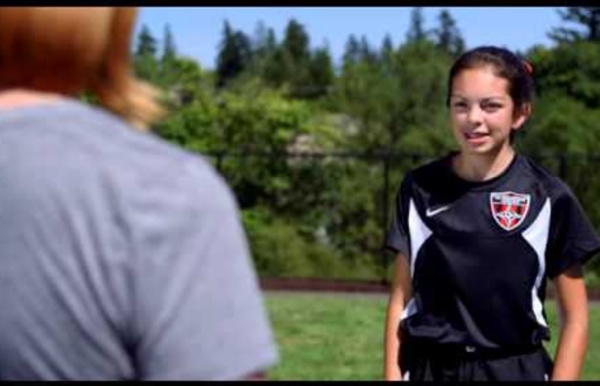



http://www.youtube.com/watch?v=JiIDRQE03SE
Related: The Power of Reinforcement and Punishment in Shaping Teenagers' Future • Should we be using Reinforcement or Punishment to influence our teenage children? • Reinforcement and Punishment: Promoting road safety • How Parents Use Reinforcement and Punishment To Influence The Behaviour Of Teenage Children • Influencing behaviour of teenagers with reinforcement and punishmentArticle 1: "Negative reinforcement: Definition and examples" Negative reinforcement encourages specific behaviors by removing or avoiding negative consequences or stimuli. It is different than punishment, which aims to discourage a specific behavior. Negative reinforcement has become a popular way of encouraging good behavior at school. Keep reading to learn more about how it works and how it differs from positive reinforcement and punishment. Negative reinforcement is the encouragement of certain behaviors by removing or avoiding a negative outcome or stimuli. People typically use this technique to help children learn good patterns of behavior, but it can also play a role in training animals and pets.
Rewarding behavior is key to parenting teens, study suggests Parenting is hard, and parenting teens brings about an entirely new set of challenges, from keeping their rooms clean to getting them home before curfew. But, a new study suggests parents who want their teenagers to keep their grades up could have better success if they focus more on rewarding good behavior and less on threatening to punish the bad. According to the report, published in PLOS Computational Biology, British researchers have found that adolescents focus well on positive incentives, but have difficulty staying motivated to avoid penalties. The study shows that teens and adults learn in different ways, according to the study’s lead author Stefano Palminteri, a researcher with the Institute of Cognitive Neuroscience at University College London.
Certificate of Merit. What is it? And how can you get one? Getting a driver’s licence ensures that you are qualified to drive. But along with that comes the responsibility of making sure you drive safely, not just for your sake but also for the sake of other road users. To ensure that drivers are aware of this and keep safety uppermost on their minds while driving, the Traffic Police has instituted a system of rewards and punishments.
Teens May Learn Best with Positive Reinforcement A new study finds that adolescents focus on rewards and are less able to learn to avoid punishment or consider the consequences of alternative actions. University College-London investigators compared how adolescents and adults learn to make choices based on the available information. Investigators tracked the way in which 18 volunteers aged 12-17 and 20 volunteers aged 18-32 completed tasks in which they had to choose between abstract symbols. Each symbol was consistently associated with a fixed chance of a reward, punishment, or no outcome.
How negative reinforcement works Negative reinforcement is a term described by B. F. Skinner in his theory of operant conditioning. In negative reinforcement, a response or behavior is strengthened by stopping, removing, or avoiding a negative outcome or aversive stimulus.1 Overview Aversive stimuli tend to involve some type of discomfort, either physical or psychological. Article 7: "Teen Brain Functions and Behavior" Hormones bear the brunt for much of what goes wrong in adolescence. Teenagers can seem like emotional time bombs, apt to explode at any minute into tears or rage. They engage in rebellious and risky behaviors, and it seems like they're always in trouble. But what these imaging studies show is that the brain may be behind much of this behavior. It’s Not Discipline, It’s a Teachable Moment WHETHER facing a toddler temper tantrum or an insolent adolescent, every parent struggles to find the best way to discipline children. But many parents fail. A recent study found that 1 in 3 say the methods they use simply don’t work.
Traffic Offences in Singapore: Demerit Points & Composition Fines (2020 Update) (Photo Credit: Singapore Police Force) Updated: 25 August 2020 Here is the full list of traffic offences that carry demerit points and composition fines in Singapore. Motivational Techniques for Teenagers In her book "Child Development," Laura Berk, professor of psychology at Illinois State University, said she believes that unmotivated teens develop learned helplessness, which means they believe they do not have the ability to succeed. Any success they do have, such as doing well in a school test, they put down to other factors such as luck or a teacher making a mistake. Motivating teens to succeed will boost their self-esteem and protect them from feelings of failure and depression. Encouragement According to educational consultant and author Bill Rogers, encouraging a teen gives him motivation to develop his strengths and succeed at school. In his book, "Behaviour Recovery," Rogers suggests using specific encouragement and praise such as saying, "You did a really well writing your book review, I really enjoyed reading it."
The video shows how negative reinforcement is applied to teenagers. by dioriviemae Mar 27